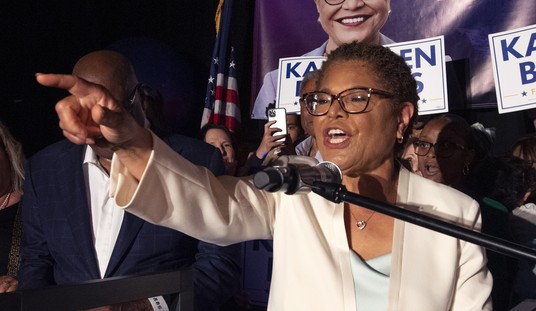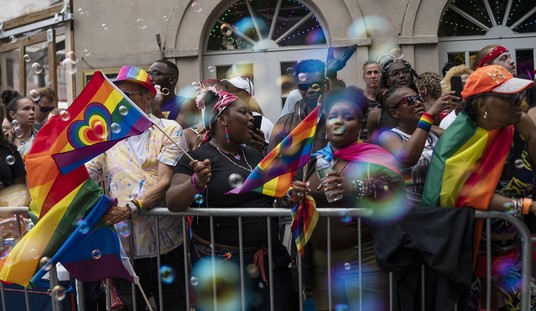At the beginning of the month, I posted on an interesting article by Dr. William Jacobson, a Cornell Law professor who runs Legal Insurrection, asking how, given Justice Ruth Bader Ginsburg’s numerous comments critical of President Trump, like speculating she and her husband might move to New Zealand if he were elected, could possibly rule on the Trump “travel ban” executive order. His reasoning is that if the 4th Circuit is permitted to use Trump’s campaign rhetoric to attack a facially legal policy, then the same standard must be used on Ginsburg:
In a case in which Trump’s campaign comments are front and center, how can Ginsburg hear a case in which she has complained publicly about Trump and Trump’s campaign?
This is not a situation where a Justice merely is presumed to have political leanings (don’t they all?), or is affiliated with one political party more than another. Justice Ginsburg has publicly questioned Trump’s credibility, and that credibility is an issue in the case as it presents itself in the 4th Circuit decision from which review is sought.
Now 58 members of the House of Representatives have sent her a letter demanding that she recuse herself from hearing the travel ban case.
Signed this letter to Justice Ginsburg demanding her recusal from cases involving the Trump Admin due to her previous comments #SCOTUS pic.twitter.com/pXzYuv5gKi
— Rep. Jeff Duncan (@RepJeffDuncan) June 26, 2017
Via the Daily Caller:
The letter argues that Ginsburg is bound by law to recuse herself in cases where she has a “personal bias or prejudice concerning a party” or from cases where her “impartiality might reasonably be questioned.” The congressmen argue that the justice publicly evinced prejudice towards the president in a series of interviews given at the conclusion of the 2016 term, in which she called the president a “faker” and mused about moving to New Zealand if he prevailed in the general election.
“You are bound by law to recuse yourself from participation in this case,” the congressmen write. “There is no doubt that your impartiality can be reasonably questioned; indeed, it would be unreasonable not to question your impartiality. Your participation in Trump v. International Refugee Assistance Project would violate the law and undermine the credibility of the Supreme Court of the United States.”
What’s more, the congressmen argued that the 4th U.S. Circuit Court of Appeals placed the president’s credibility directly at issue in this case, as it concluded that the administration was not being forthright about its true motives with regard to the order. Relying on the president’s tweets and campaign statements, the court concluded that the travel ban’s national security rationale was little more that a pretext for implementing a discriminatory policy.
As Ginsburg has already publicly impugned Trump’s credibility, they say she must recuse herself.
It is hard to disagree that Ginsburg goes into this case with a lot of baggage, so much, in fact, that it is doubtful she can render an impartial judgment and impossible for her to render a judgment that will appear objective. If she rules against it, no matter the merits as she sees them, she will be accused of being motivated by animus. If she rules in favor, she will be viewed as having gone along in order to prove she didn’t have a prejudice against the president. This is where John Roberts should show a bit of leadership and give her some definitive guidance on how important it is to the court that it not be perceived as acting politically.













Join the conversation as a VIP Member